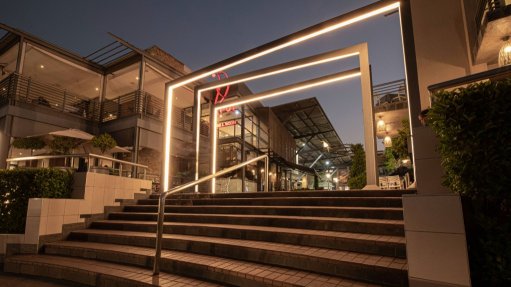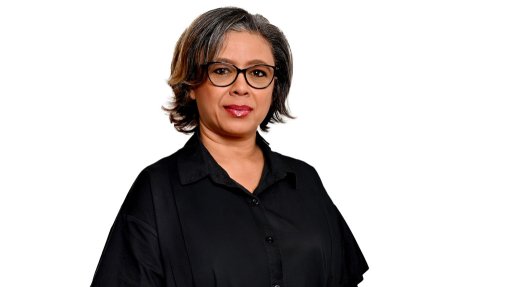Institutes promote sustainable development

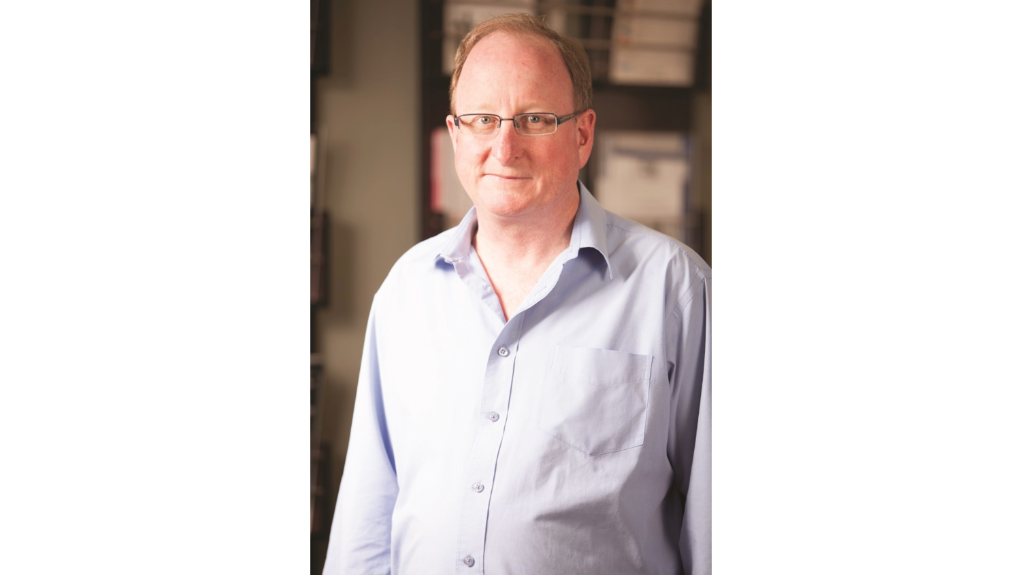
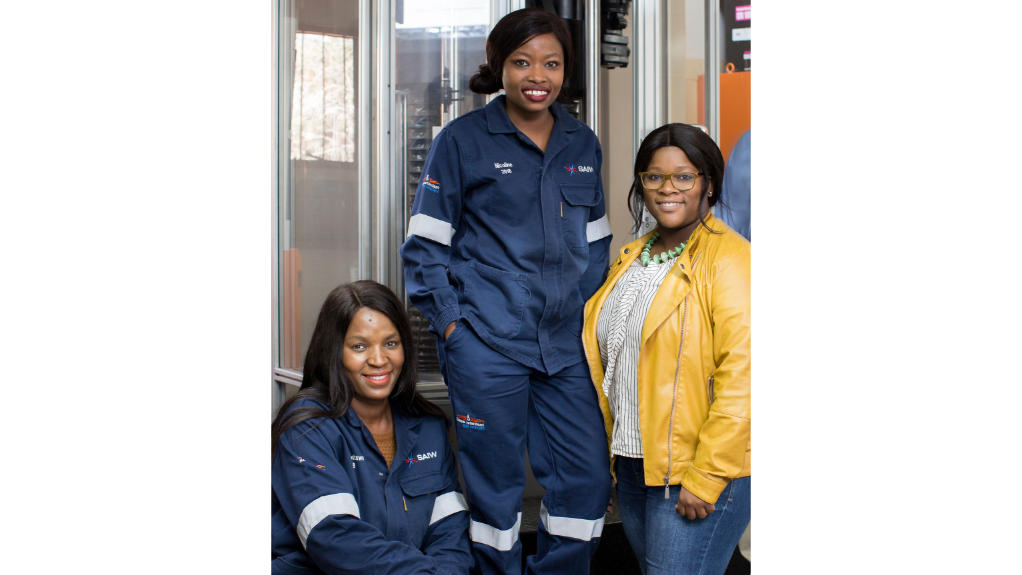
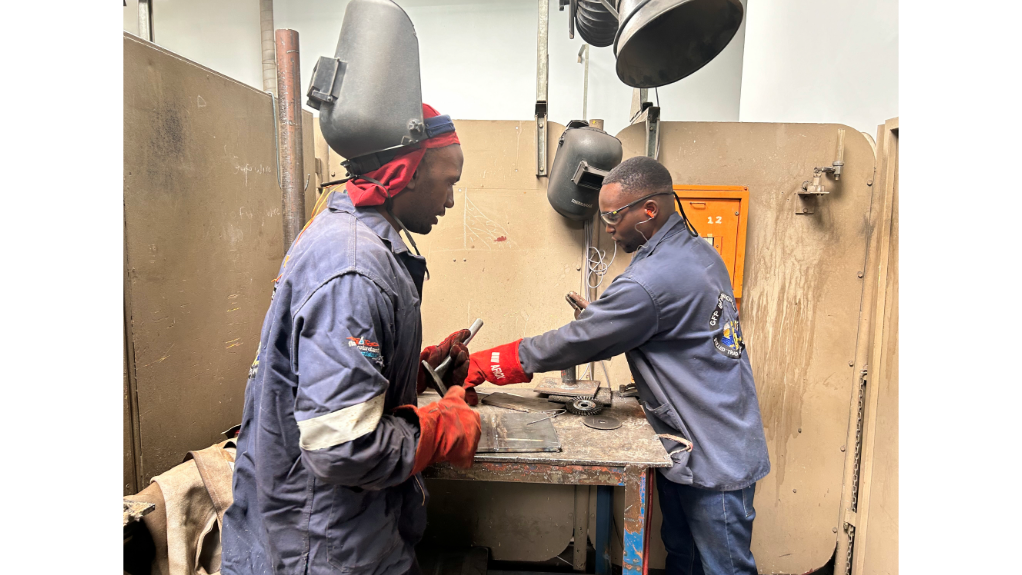
JOHN TARBOTON The SAIW executive director emphasises that the SAIW and IIW play an important role in sustainable development in Southern Africa and Africa
WOMEN EMPOWERMENT SAIW technical and practical welding manager Confidence Lekoane (far right) believes that gender inequality can be addressed through welding opportunities for marginalised women
WELDERS AT WORK Two SAIW training programme members focus attentively on a welding task
Members of welding professional body the Southern African Institute of Welding (SAIW) stress the importance of high-quality welder education and training strategies to help catalyse the “reindustrialisation” of developing countries – including many of the countries on the African continent – and empowering impoverished and underprivileged communities by creating employment in the welding sector.
The education and training initiatives established by the SAIW to improve the overall value of the welding industry by enhancing the national welding capability also aligns with the United Nations’ (UN’s) Sustainable Development Goals (SDGs), notes a report on the 17 SDGs written by SAIW executive director John Tarboton and veteran SAIW and International Institute of Welding (IIW) member Chris Smallbone.
“If we’re going to reindustrialise, one has to think about the welding industry and its value to a country . . . the report we’ve written, firstly, shows the industry’s value,” says Smallbone.
The SDGs range from reducing poverty and gender inequality to improving water and sanitation, as well as addressing climate change and corruption. Many of these goals can be achieved only through infrastructure development and enhancement, which requires welding.
The IIW, SAIW and welding industry can contribute to the realisation of the majority of the SDG targets.
“When we looked at each goal, we looked at what the role of the welding industry is in advancing that SDG,” Tarboton adds.
Smallbone believes that one way in which the welding industry and all its members can contribute to such sustainable development is to create health and safety campaigns regarding welding in developing countries, where hazardous welding practices are prominent.
“So, what we have done with those goals . . . is to list typical projects [that would be required to achieve them] and . . . to provide examples of resources that are available,” he says.
High-Quality Education, Lifelong Learning
SAIW technical and practical welding manager Confidence Lekoane asserts that education, training and verified certification “are of great importance” to ensure the safety of welders and welding coordinators, and to equip them with extensive skills.
“The promotion of education and training ensures [that] personnel are well versed in industry regulations and standards, such as those stipulated by the Occupational Safety and Health Act, which promotes workplace safety,” she explains.
Improving the welding sector through education and training is a focal point for the SAIW – to the extent that it has pledged to continue incorporating modern education and training courses for members, such as its virtual reality (VR) welder and robotic welding classes.
The VR welder enables welding students to engage in training programmes without exposure to the hazards at an actual welding site, with a “teacher assist” function immediately informing students of their mistakes for prompt correction, while also monitoring their progress.
“VR training has been the most cost-effective method . . . especially in remote African countries where material and welding consumables are limited,” says Lekoane.
The robotic welding classes – a “remarkable education and training method” – enable welders to efficiently control a robot while operating a pendant, as well as programme linear and circular motions.
Tarboton commends the effectiveness of the examination question bank, through which all students, welding inspectors and nondestructive testing experts can adequately test their theoretical knowledge on various welding operations or processes. Workers in the welding industry can also learn about practices that should be followed to ensure sound health and safety.
The SAIW and the IIW are advocating the increasing importance of various governmental parties’ working with the welding industry to boost the South African and African economies through welding-based education and training across the continent.
Consequently, education and upskilling will empower citizens in impoverished African countries; African economies will benefit from infrastructure offerings to which the welding sector contributed; and people can engage in business ventures abroad.
Since their inception in 1948, both SAIW and IIW have played a crucial role in sustainable development in various aspects of society. By offering various welding consulting and project management services, the institute can fuel the reindustrialisation of South Africa and Africa, just as it did in its earlier years, concludes Tarboton.
Article Enquiry
Email Article
Save Article
Feedback
To advertise email advertising@creamermedia.co.za or click here
Comments
Press Office
Announcements
What's On
Subscribe to improve your user experience...
Option 1 (equivalent of R125 a month):
Receive a weekly copy of Creamer Media's Engineering News & Mining Weekly magazine
(print copy for those in South Africa and e-magazine for those outside of South Africa)
Receive daily email newsletters
Access to full search results
Access archive of magazine back copies
Access to Projects in Progress
Access to ONE Research Report of your choice in PDF format
Option 2 (equivalent of R375 a month):
All benefits from Option 1
PLUS
Access to Creamer Media's Research Channel Africa for ALL Research Reports, in PDF format, on various industrial and mining sectors
including Electricity; Water; Energy Transition; Hydrogen; Roads, Rail and Ports; Coal; Gold; Platinum; Battery Metals; etc.
Already a subscriber?
Forgotten your password?
Receive weekly copy of Creamer Media's Engineering News & Mining Weekly magazine (print copy for those in South Africa and e-magazine for those outside of South Africa)
➕
Recieve daily email newsletters
➕
Access to full search results
➕
Access archive of magazine back copies
➕
Access to Projects in Progress
➕
Access to ONE Research Report of your choice in PDF format
RESEARCH CHANNEL AFRICA
R4500 (equivalent of R375 a month)
SUBSCRIBEAll benefits from Option 1
➕
Access to Creamer Media's Research Channel Africa for ALL Research Reports on various industrial and mining sectors, in PDF format, including on:
Electricity
➕
Water
➕
Energy Transition
➕
Hydrogen
➕
Roads, Rail and Ports
➕
Coal
➕
Gold
➕
Platinum
➕
Battery Metals
➕
etc.
Receive all benefits from Option 1 or Option 2 delivered to numerous people at your company
➕
Multiple User names and Passwords for simultaneous log-ins
➕
Intranet integration access to all in your organisation













